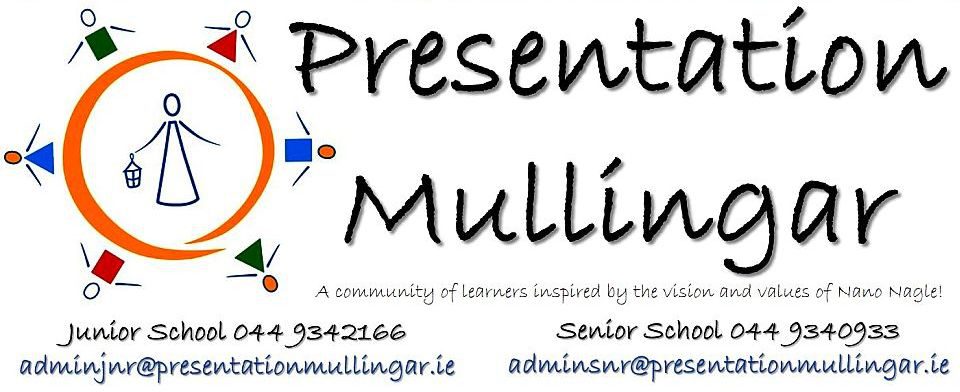The article below is taken from the Irish Independent, 4th January 2013.
JUNIOR Cert students may soon be doing Powerpoint-type presentations as part of the new-style English exam.
Changes under discussion will see students doing an e-portfolio in second year, to be assessed by their own teachers for up to 40pc of marks.
A student’s digital portfolio could also include other examples of oral work, such as recordings, interviews and speech performance.
The modern approach to teaching English places a strong emphasis on developing both oral and digital skills as a way of boosting literacy levels generally.
Second year is the time when some students start “switching off”, and the hope is that exposing 14-year-olds to novel ways of engaging with study would also curb that drift.
English is the first subject to come up for review as part of a radical overhaul that will see the traditionalJunior Cert June exams phased out over the next eight years.
The idea is that, over time, teachers will take over the assessment of students at Junior Cert level.
In the initial years there will continue to be examinations in in English, Irish and Maths, for which 60pc of marks will be reserved.
Teacher training for the changes ahead will start next year, although there continues to be resistance among teachers to the notion of assessing their own pupils.
The idea is that, over time, teachers will take over the assessment of students at Junior Cert level.
In the initial years there will continue to be examinations in in English, Irish and Maths, for which 60pc of marks will be reserved.
Teacher training for the changes ahead will start next year, although there continues to be resistance among teachers to the notion of assessing their own pupils.
The Junior Cert revamp is aimed at replacing the tradition of rote learning with teaching students to think for themselves.
The new English curriculum will be introduced for first years in September 2014, and this will move well beyond the traditional study areas of poetry and prose.
Government education advisers, the National Council for Curriculum and Assessment (NCCA), have prepared a discussion paper on the sort of reform needed to bring English teaching and learning for Junior Cycle students into the 21st century.
It takes on board concerns about literacy standards, particularly among boys, and the need to widen the range of texts and media to which students are exposed in a bid to boost pupil interest.
In education systems worldwide, the definition of “text” has been broadened and visual and digital literacy are commonly acknowledged as being key elements.
